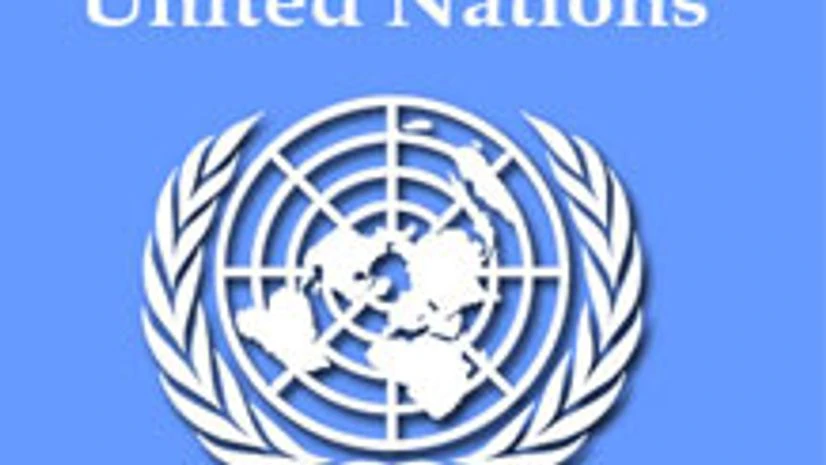The UN General Assembly has elected Jordan to the Security Council to replace Saudi Arabia, which rejected the seat it won in an unprecedented act to protest the council's failure to end the Syrian and Israeli-Palestinian conflicts.
Jordan was chosen yesterday by Arab countries as a replacement and was endorsed by Asian nations to take the traditional Arab seat on the UN's most powerful body. It received 178 "yes" votes in the election.
Saudi Arabia got one vote, and four countries in the 193-member world body abstained. The 10 other countries were either absent or unable to vote because of unpaid dues.
Also Read
Jordan's Foreign Minister Nasser Judeh said the country was "extremely honoured" and "humbled" by the near consensus support from the international community which recognised "Jordan's relentless efforts in the pursuit of peace and security, the very principles that the Security Council is mandated to preserve."
He singled out Jordan's contribution to international peacekeeping forces, which he called "one of the most effective and sizable participations in the world." Saudi Arabia stunned the diplomatic world by rejecting the Security Council seat, less than 24 hours after it was elected on October 17.
The Saudi Foreign Ministry denounced the Security Council's inability to resolve the Syrian civil war and Israeli-Palestinian conflict, and to convene a conference on creating a Mideast zone free of weapons of mass destruction.
Saudi Arabia was also piqued about the warming US-Iran relationship, seeing Tehran as its main rival in the region.
Asked whether Jordan agreed that the Security Council was dysfunctional, Judeh said "Saudi Arabia declined to take the seat for its sovereign reasons."
"These are reasons that we respect. This is their independent decision," he said.
Judeh said Jordan was taking the council seat "in full coordination with Saudi Arabia" and will be "a positive presence," working "to pursue the preservation of peace and security in our region and elsewhere."
The Security Council has five permanent members with veto power the US, Russia, China, Britain and France and 10 elected members who serve two-year terms.
Since joining the world body in 1955, Jordan has held the seat twice before. It will join four other newcomers to the council on January 1 Chad, Nigeria, Lithuania and Chile.
Jordan will have an added duty in January: it will be president of the Security Council for the first month it is on the council. The council presidency rotates monthly in alphabetical order and Jordan follows France, which has the presidency in December.

)
